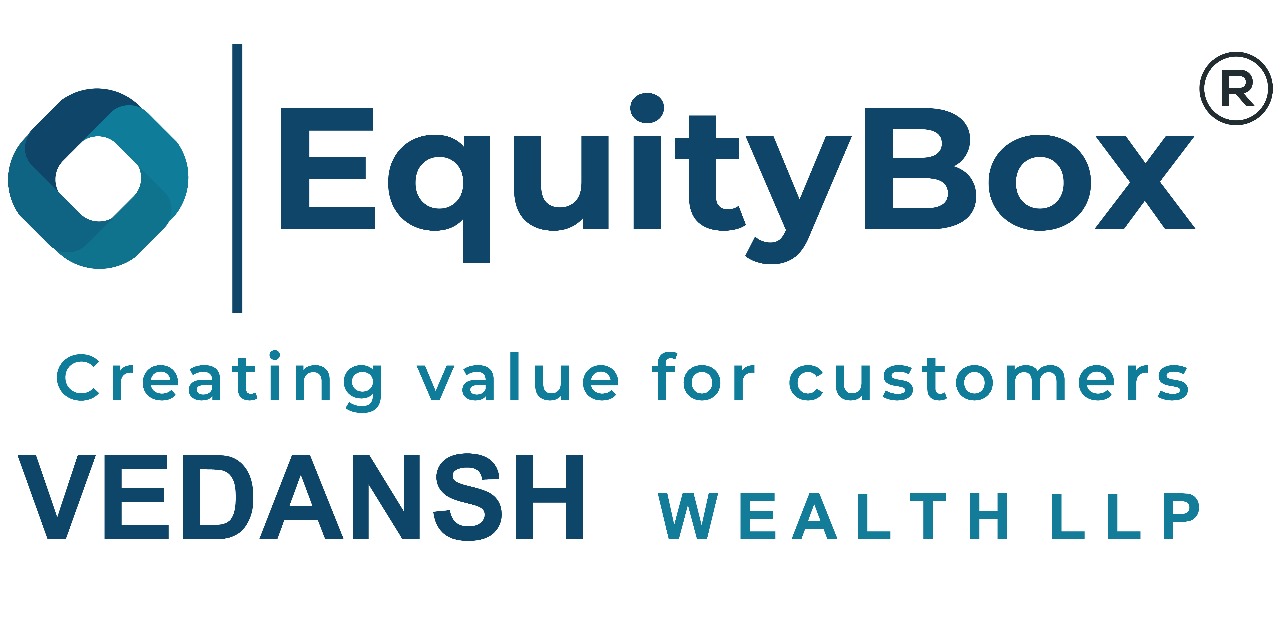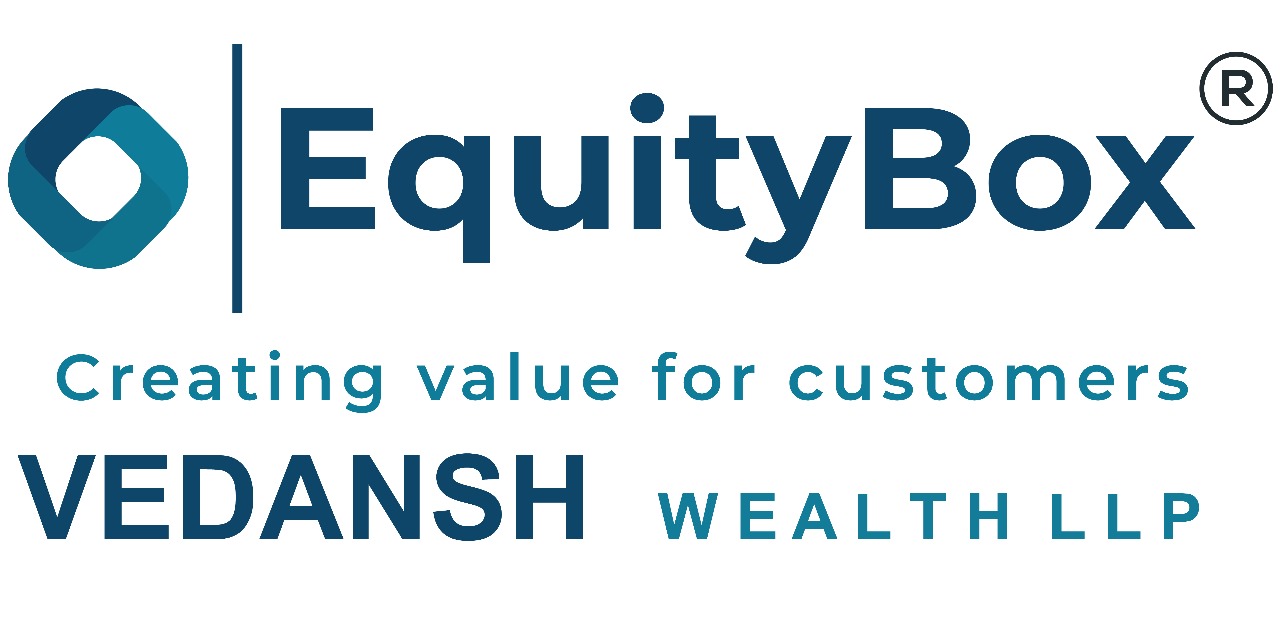Introduction
As of 2025, the investment world is full of options for all types of investors. Mutual funds are an accessible way to invest, offering various fund types, with large-cap and index funds being two popular choices.
This article will explore these two types of mutual funds, highlighting the key differences between them.
Large-Cap Funds Explained
Large-cap funds are equity mutual funds that primarily invest in the stocks of large companies, typically the top 100 in terms of market capitalization. These are generally seen as more stable investments compared to smaller companies.
Professional fund managers oversee these funds, pooling money from investors to buy stocks in a range of large companies across different sectors. They analyze a company’s financials, leadership, market trends, and the broader economy before investing, aiming to make informed investment decisions.
Index Funds Explained
Index funds are mutual funds designed to mirror the performance of a specific market index, such as the SENSEX. Their goal is to match the index’s returns as closely as possible, minimizing any differences in tracking.
These funds can focus on different market segments, like large-cap stocks or specific industries. Investing in an index fund provides a diversified portfolio of stocks without the need for a fund manager to actively select them, offering broad market exposure with less effort.
Key Differences
Choosing the Best Index Fund
When choosing an index fund, the tracking error is the most important thing to consider. Choose a fund with the lowest tracking error to make sure it closely follows the benchmark index’s performance. High tracking errors can reduce the benefits of index investing.
Large-cap funds can potentially deliver higher returns than the overall market. Skilled fund managers can generate additional profits (alpha) for investors through careful stock selection.
Both index funds and large-cap funds are taxed the same way, except for debt index funds, meaning neither offers unique tax advantages. The choice between them depends on your individual financial goals, risk tolerance, and investment timeframe.
Conclusion
There’s no universal answer when it comes to choosing the right fund. Investors should consider the differences between index and large-cap funds in relation to their personal financial goals, risk preferences, and investment timeline to make a well-informed decision.




